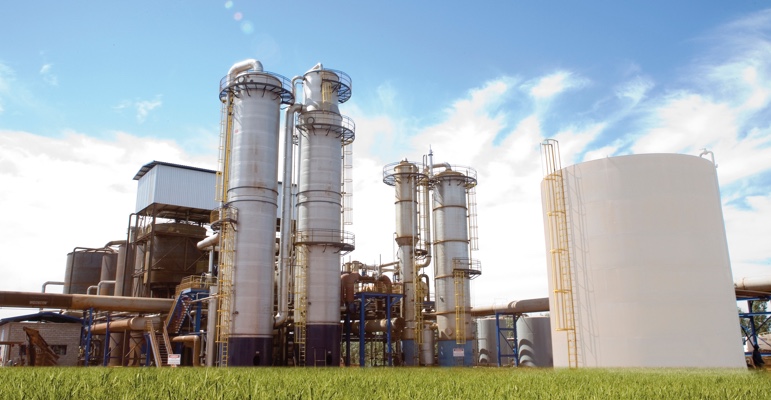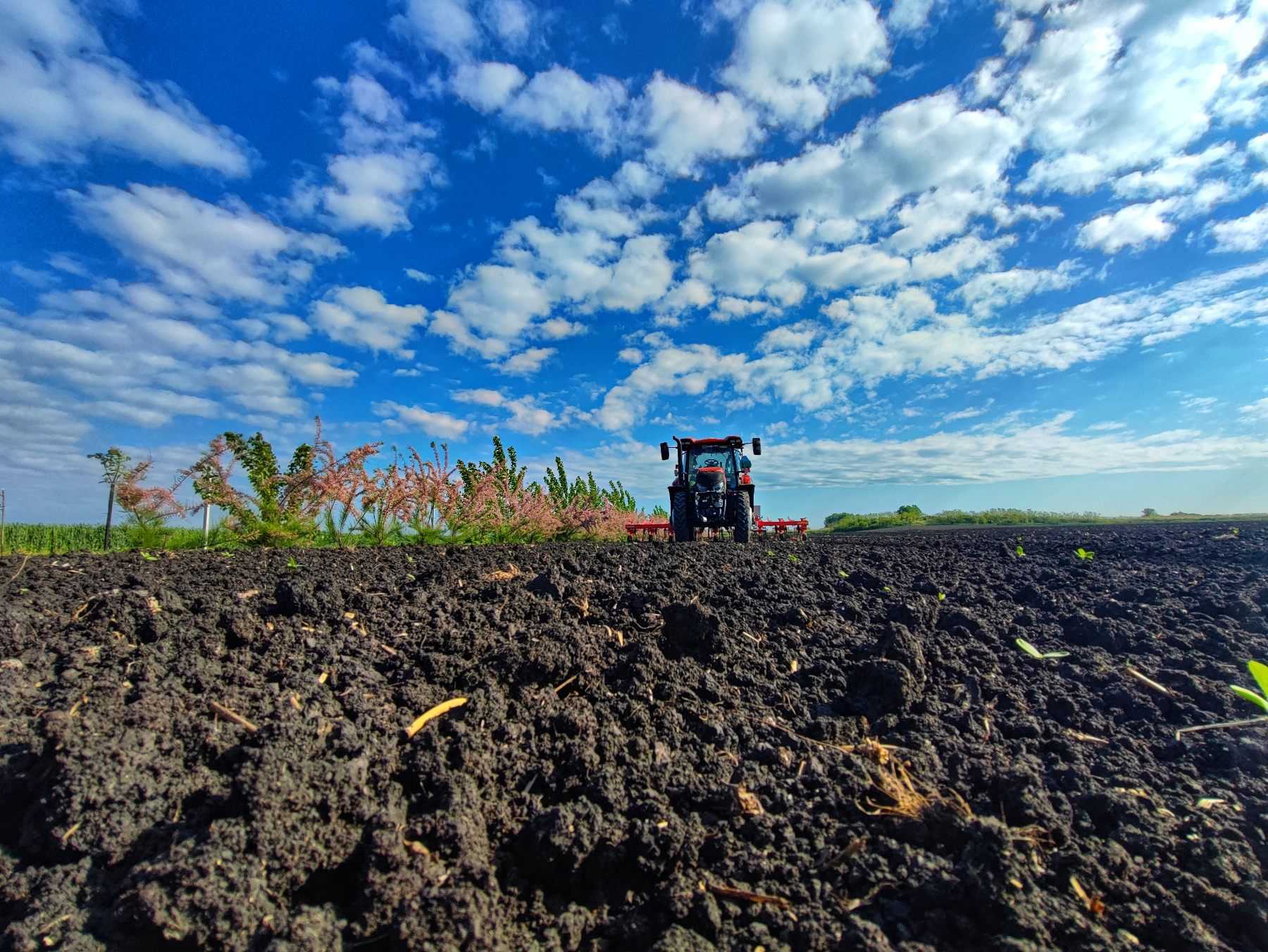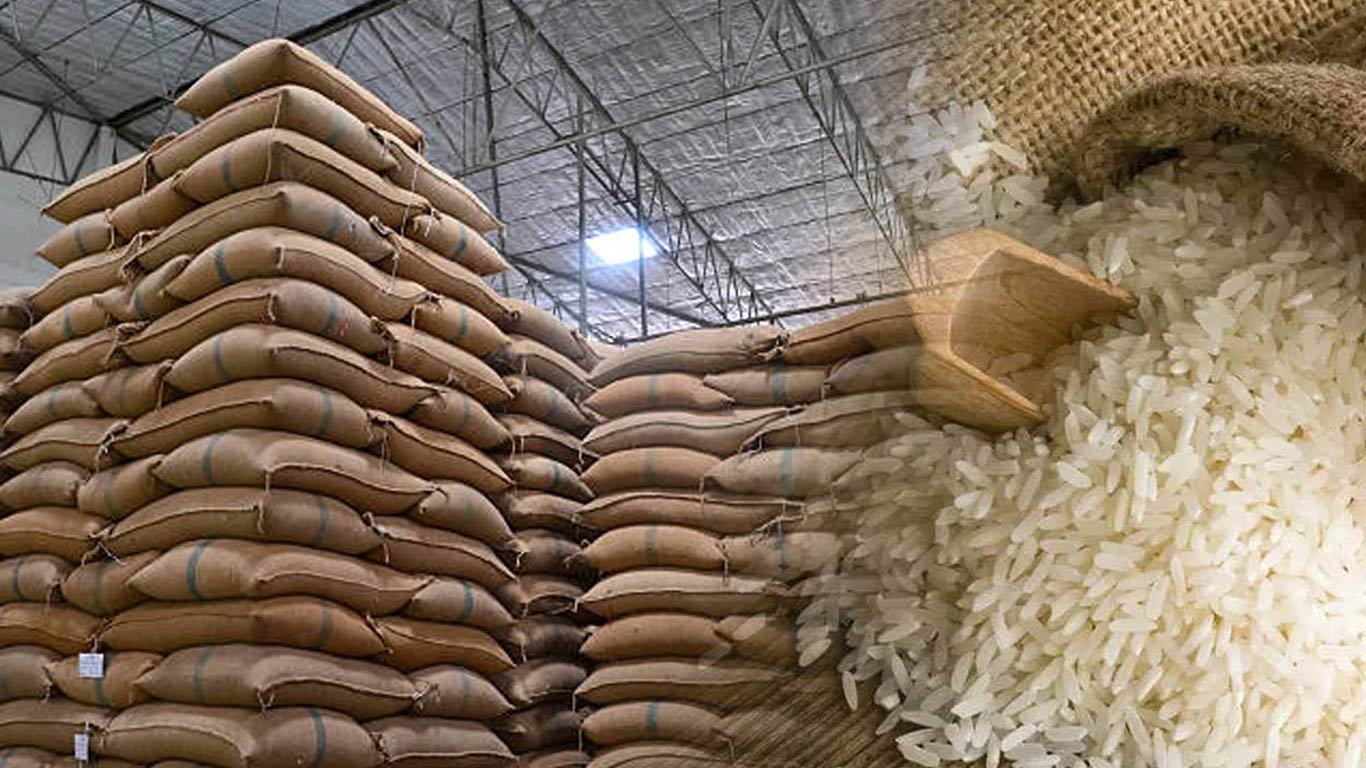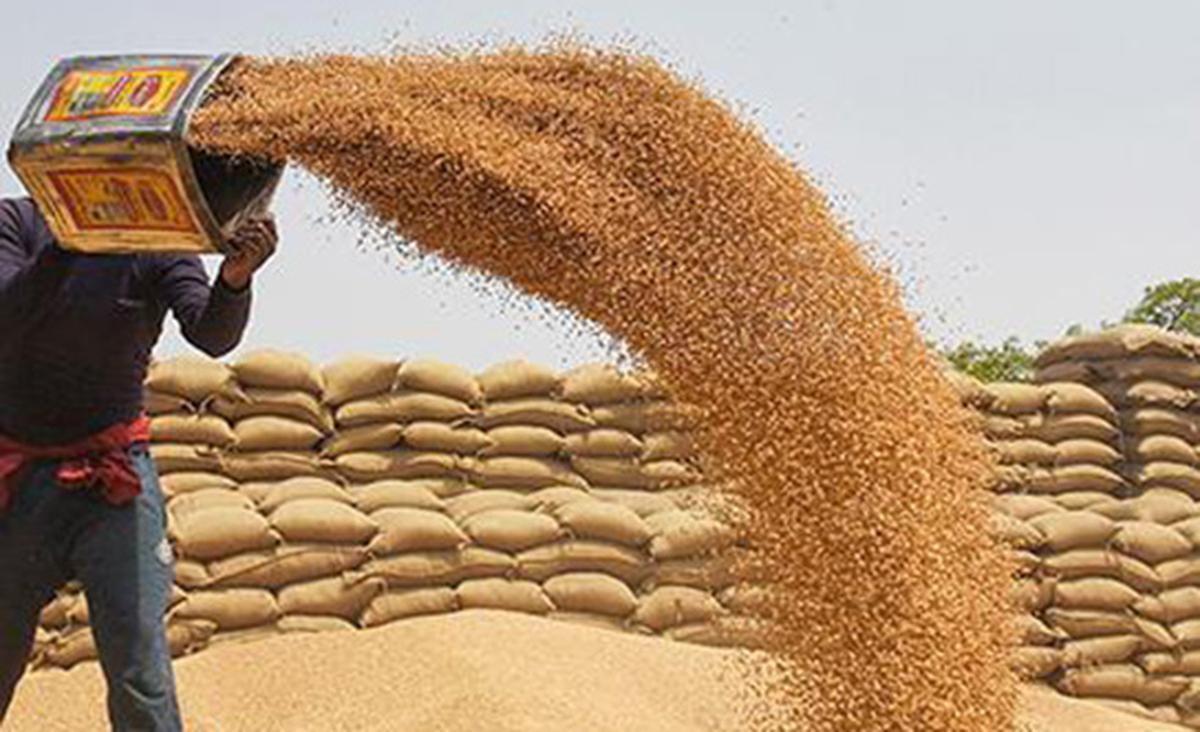Home / agriculture / Government Set to Boost Ethanol Prices to Power Ru
Government Set to Boost Ethanol Prices to Power Ru
By: My India Times
3 minutes read 46Updated At: 2024-11-13

As India gears up for an ambitious ethanol strategy, the Central government is reportedly set to raise the purchase price of cane ethanol by up to ₹3 per litre for the 2024-25 marketing season, a move that could significantly bolster the sugar industry and rural economy. Sources indicate that the proposal is awaiting final approval from a Group of Ministers and other decision-making bodies, with a cabinet decision expected soon.
This price hike would apply to ethanol produced from sugarcane juice, as well as B-heavy molasses, supporting a critical biofuel that not only strengthens the rural economy but also helps India inch closer to energy independence. The move is timely, aligning with the upcoming Maharashtra elections and reinforcing the government’s commitment to rural prosperity and sustainable energy initiatives.
Empowering Sugarcane Farmers and Enhancing Rural Livelihoods
Ethanol production has been a lifeline for India’s sugarcane farmers, providing an alternative revenue stream that protects them from volatile sugar markets. By raising the purchase price, the government is sending a clear message: it’s committed to improving the livelihoods of millions of sugarcane farmers and providing them with a stable, predictable income.
For farmers like Sunil Patil from Maharashtra, the potential price hike offers hope in an industry often marred by price fluctuations. “Ethanol gives us another market for our sugarcane. If the government increases the rate, it’s a lifeline, especially for small farmers who rely on every bit of profit to sustain their families,†he shared.
Environmental and Economic Benefits in India’s Energy Transition
India’s ethanol blending program is a key pillar in the nation’s path toward sustainable energy. Ethanol, which is cleaner-burning than conventional fuels, reduces carbon emissions, lowers air pollution, and aligns with India’s climate goals. The proposed price increase could accelerate ethanol production and blending efforts, bringing India closer to its target of a 20% ethanol blend in petrol by 2025—a step that would reduce India’s reliance on imported oil, saving billions in foreign exchange and helping to mitigate price shocks.
Experts see the ethanol price hike as a boost for both the environment and the economy. “This move is a game-changer for India’s biofuel strategy. It supports farmers, reduces emissions, and builds a more resilient economy by decreasing our reliance on imported oil,†said energy economist Dr. Meera Reddy. “If implemented, it’s a win-win for rural India and the environment.â€
Investment in Ethanol Infrastructure and Increased Demand for Sugarcane
The anticipated price hike could stimulate a wave of investments in ethanol production facilities across the country. India has already seen an increase in private sector investments in ethanol plants, and a higher purchase price could drive even more capital into rural regions, creating jobs, modernizing agriculture, and supporting local economies.
Additionally, with a higher price per litre, sugar mills may have greater incentive to produce ethanol from sugarcane juice and B-heavy molasses, diversifying their revenue streams and balancing sugar supply levels in the market. This can stabilize sugar prices and reduce stockpiles, benefiting both producers and consumers.
Sustainability in the Spotlight: India’s Global Leadership in Biofuels
The ethanol price increase aligns India with global leaders in biofuels and sends a strong signal to the world about the country’s commitment to sustainable energy solutions. India is one of the few large economies actively integrating biofuels into its energy mix, and increasing ethanol prices further reinforces its role as a biofuel pioneer.
The move also coincides with global efforts to reduce fossil fuel dependence amid concerns about climate change and energy security. By investing in ethanol and empowering its sugarcane farmers, India demonstrates a progressive approach to climate resilience and resource management.
A Catalyst for Long-Term Growth in India’s Biofuel Sector
This strategic price increase would do more than just provide relief to sugarcane farmers—it lays the groundwork for a thriving biofuel industry that supports the local economy, reduces greenhouse gas emissions, and contributes to a sustainable future for India. Beyond ethanol, it positions India as a proactive player in green energy solutions, with significant potential for new technologies and partnerships in the biofuel sector.
As India moves closer to a formal announcement on ethanol prices, stakeholders across agriculture, energy, and the environment are watching closely. This anticipated price hike is more than just a policy decision—it’s a forward-thinking strategy for a stronger, self-reliant India, driven by the power of sustainable, home-grown energy.
....As India gears up for an ambitious ethanol strategy, the Central government is reportedly set to raise the purchase price of cane ethanol by up to ₹3 per litre for the 2024-25 marketing season, a move that could significantly bolster the sugar industry and rural economy. Sources indicate that the proposal is awaiting final approval from a Group of Ministers and other decision-making bodies, with a cabinet decision expected soon.
This price hike would apply to ethanol produced from sugarcane juice, as well as B-heavy molasses, supporting a critical biofuel that not only strengthens the rural economy but also helps India inch closer to energy independence. The move is timely, aligning with the upcoming Maharashtra elections and reinforcing the government’s commitment to rural prosperity and sustainable energy initiatives.
Empowering Sugarcane Farmers and Enhancing Rural Livelihoods
Ethanol production has been a lifeline for India’s sugarcane farmers, providing an alternative revenue stream that protects them from volatile sugar markets. By raising the purchase price, the government is sending a clear message: it’s committed to improving the livelihoods of millions of sugarcane farmers and providing them with a stable, predictable income.
For farmers like Sunil Patil from Maharashtra, the potential price hike offers hope in an industry often marred by price fluctuations. “Ethanol gives us another market for our sugarcane. If the government increases the rate, it’s a lifeline, especially for small farmers who rely on every bit of profit to sustain their families,†he shared.
Environmental and Economic Benefits in India’s Energy Transition
India’s ethanol blending program is a key pillar in the nation’s path toward sustainable energy. Ethanol, which is cleaner-burning than conventional fuels, reduces carbon emissions, lowers air pollution, and aligns with India’s climate goals. The proposed price increase could accelerate ethanol production and blending efforts, bringing India closer to its target of a 20% ethanol blend in petrol by 2025—a step that would reduce India’s reliance on imported oil, saving billions in foreign exchange and helping to mitigate price shocks.
Experts see the ethanol price hike as a boost for both the environment and the economy. “This move is a game-changer for India’s biofuel strategy. It supports farmers, reduces emissions, and builds a more resilient economy by decreasing our reliance on imported oil,†said energy economist Dr. Meera Reddy. “If implemented, it’s a win-win for rural India and the environment.â€
Investment in Ethanol Infrastructure and Increased Demand for Sugarcane
The anticipated price hike could stimulate a wave of investments in ethanol production facilities across the country. India has already seen an increase in private sector investments in ethanol plants, and a higher purchase price could drive even more capital into rural regions, creating jobs, modernizing agriculture, and supporting local economies.
Additionally, with a higher price per litre, sugar mills may have greater incentive to produce ethanol from sugarcane juice and B-heavy molasses, diversifying their revenue streams and balancing sugar supply levels in the market. This can stabilize sugar prices and reduce stockpiles, benefiting both producers and consumers.
Sustainability in the Spotlight: India’s Global Leadership in Biofuels
The ethanol price increase aligns India with global leaders in biofuels and sends a strong signal to the world about the country’s commitment to sustainable energy solutions. India is one of the few large economies actively integrating biofuels into its energy mix, and increasing ethanol prices further reinforces its role as a biofuel pioneer.
The move also coincides with global efforts to reduce fossil fuel dependence amid concerns about climate change and energy security. By investing in ethanol and empowering its sugarcane farmers, India demonstrates a progressive approach to climate resilience and resource management.
A Catalyst for Long-Term Growth in India’s Biofuel Sector
This strategic price increase would do more than just provide relief to sugarcane farmers—it lays the groundwork for a thriving biofuel industry that supports the local economy, reduces greenhouse gas emissions, and contributes to a sustainable future for India. Beyond ethanol, it positions India as a proactive player in green energy solutions, with significant potential for new technologies and partnerships in the biofuel sector.
As India moves closer to a formal announcement on ethanol prices, stakeholders across agriculture, energy, and the environment are watching closely. This anticipated price hike is more than just a policy decision—it’s a forward-thinking strategy for a stronger, self-reliant India, driven by the power of sustainable, home-grown energy.
By: My India Times
Updated At: 2024-11-13
Tags: agriculture News | My India Times News | Trending News | Travel News
Join our WhatsApp Channel






































































































.png)
 (1).png)























